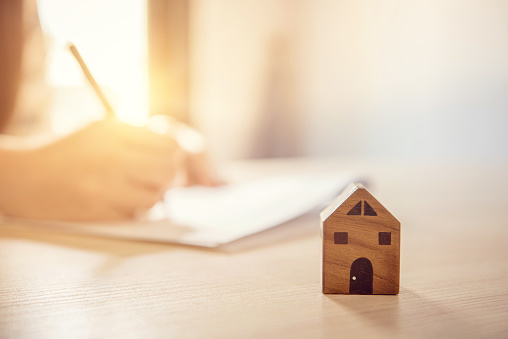When it comes to debt consolidation, there are some important points to keep in mind.
Firstly there is more than one way to consolidate ones debts. The basic idea, of course, is to consolidate all your debts into one to make it easier to manage. At the same time to work towards getting a lower rate of interest and lower repayments that you can afford on a regular basis. Types of debt consolidation available include:
Unsecured personal loan
An unsecured personal loan means that the lending party, usually a bank, will lend you sufficient funds to cover all the debts nominated for the loan without any security against that loan. This is very much a trust you will repay loan. Of the two it is the harder to obtain because of that. If you default on the loan (do not pay it back) it is harder and more expensive for the bank to recover their money. So, depending on your circumstances, you may or may not be able to get a debt consolidation loan this way.

A secured personal loan
A secured personal loan is much easier. Usually there is some collateral, (something of value you own) which can be used as security against the loan,. This is usually a house or property of some sort. The bank or lending institution is more prepared to loan funds in this istance as, if you default on the loan, they can recover their funds by taking possession of the property or valued goods set against the value of the loan. For the most part either the following criteria is expect to get any of the loans above.
Have a good credit history
Have been in the same job for more than 1 year
Your total debts to be less than 50 thousand dollars although this can vary with the type of loan you want.
Be up to date with your debt payments
You will usually have to pay an application fee and show that you can meet the repayments.
The advantage with this type of debt is that you can usually get a much lower interest rate and if your current debts are mostly credit cards this is a distinct advantage. The repayments are usually less than the combined payments of all your debts and the time taken to pay the loan is usually less. Five years is a common term for this type of debt.
What is important however is that you apply discipline to your finances and do not incur any further debts through other sources. Also that when your other debts are paid out, you cut up the credit cards or, at the very least, have them suspended so you cannot use them any more.
A word of caution.
If spending is a problem for you and you do not apply discipline in your handling of your finances then a debt consolidation loan will not help you, rather it will simply make matters worse. Incurring more debt while you have a debt consolidation loan will increase your repayments, not to mention extra interest and it will be impossible to get another debt consolidation loan to cover all the debts including the first consolidation loan as:
The amount of debt will be much higher and so harder to refinance and A lender will not have any confidence in your ability to repay and handle your finances as you have already had a debt consolidation loan and that did not solve your problem.
This is why it is important to cut up your credit cards as soon as they are paid off.
Another option, if you have sufficient equity in your home, is to drawn upon your mortgage to pay debts. This can be easier to do as you already have a record of repayment with the lending institution and they will generally be willing for you to extend your mortgage for this purpose.

But remember, again, one must apply discipline and cut up those credit cards when they are paid otherwise this option simply increases your mortgage and does not get you out of debt.
Debt consolidation is a useful tool to help one get out of a difficult situation but only when and if one applies it correctly and takes control of ones financials.


